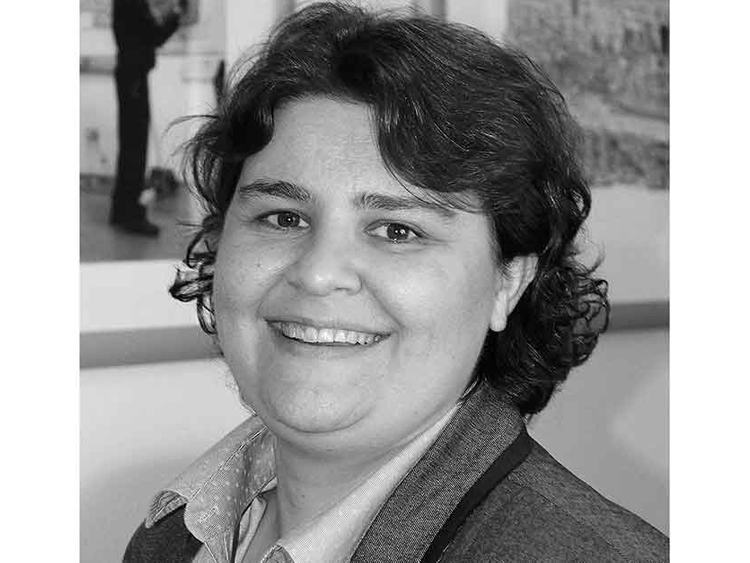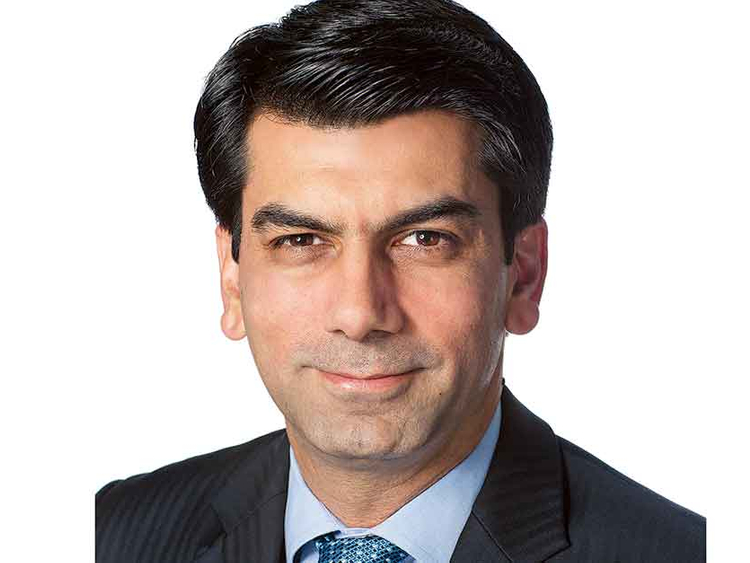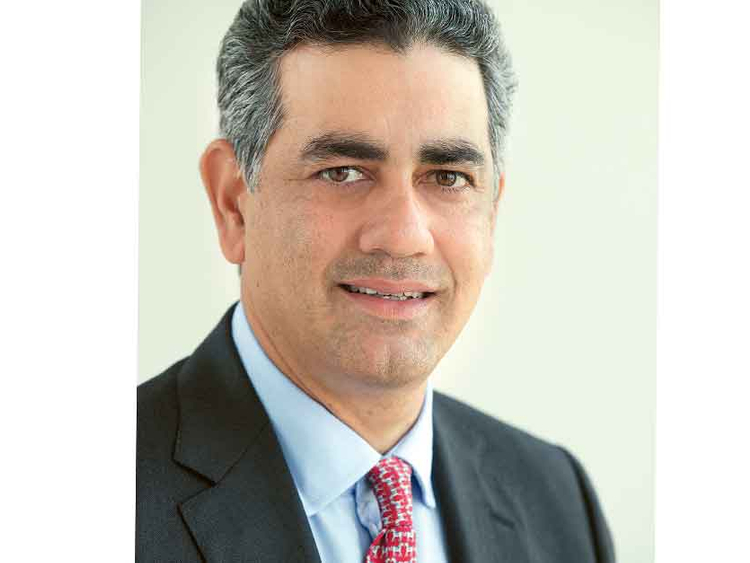
The UAE property market has been struggling for almost two years. House prices are set to fall by 10 per cent in 2016 because of lower oil prices and a strong dollar-pegged local currency, Standard & Poor’s said in April.
In Dubai, as apartment and villa sales prices drop steadily, buying property would seem an attractive proposition considering affordability. But the opposite is true. Average sales rates dropped 2 per cent quarter-on-quarter and 12 per cent year-on-year, according to the latest report by real estate consultancy CBRE.
There has been talk about revisiting the mortgage cap introduced in 2013 to breathe new life into the property market. Analysts for the move argue that today’s scenario is a far cry from 2013 when the market enjoyed a resurgence.
“The rate of growth is decelerating as the overall economy corrects to a continued period of lower oil prices,” says Dhiren Gupta, Managing Director, 4C Mortgage Consultancy. “Reconsidering the mortgage cap would be an ideal catalyst to ensure customer confidence in the real estate market.”
Under the regulations introduced by the UAE Central Bank, expatriates buying a property for under Dh5 million must produce a minimum deposit of 25 per cent, rising to 35 per cent for properties above Dh5 million. For second properties, the minimum deposit is 40 per cent. Emiratis need a 20 per cent deposit for homes under Dh5 million, rising to 30 per cent for homes over Dh5 million, and 30 per cent for secondary properties. This would be fine if you have a fat deposit lying around, but it can be a hurdle for people scrambling to put together the down payment.
“We have seen a slight rise in the amount of mortgage transactions in the past six months, however, the biggest issue is the deposit and the fees on top,” says Jo Phillips, General Manager of the Mortgages Division at Holborn Assets in Dubai.
According to a poll of 11,000 UAE residents carried out by property portal Propertyfinder.ae in July, about 69 per cent of renters said they did not buy because they couldn’t raise the necessary deposit or they were unable to qualify for the loan amount required to borrow.
“Given the state of the market, I believe there is merit in reviewing the mortgage caps in the interest of consumers, specifically end users, who may find a 25-35 per cent down payment challenging, in addition to the 4-6 per cent fees and expenses levied in buying a property,” says Shehzad Hameed, Standard Chartered’s Head of Retail Banking in the UAE.
Experts agree the property market today is more mature than in 2013. In July, the IMF said the UAE is coping better with a real estate downturn than it did in the last slump seven years ago. Tighter self-regulation, rises in transaction fees and mortgage caps have limited speculation and the amount of bad loans, it said.
Phillips says there are now a lot fewer investors in the market looking to flip. “The market that we see are end users who are looking at the long-term prospect of staying here for more than five years and don’t want to rent.”
Paring down the cap from 25 per cent to a reasonable 15 or even 10 per cent will help jump-start the sector that still holds a vital role in the growth of the economy, say experts. “A lot of clients are saying that if a 15 per cent deposit was required, then the market would see movement,” says Phillips.
Not everyone agrees the cap should be reconsidered, at least not at this point in time. Gaurav Shivpuri, Head of Investment Transactions — Mena, JLL, says it is not advisable now since interest rates are expected to rise (due to the US raising rates) and rents continuing to fall.
Rents in Dubai have been falling for the past two years, according to property firm Reidin. In Abu Dhabi, rents fell 2 per cent in the three months to the end of July.
“Increasing the loan-to-value will increase the EMI, which could create risk of rents not covering the mortgage payments,” says Shivpuri. “This will transfer the risk back to the lender, precisely what the central bank wants to avoid by putting in the caps.” The cap should be relooked when the rental market begins to grow again, he adds.
















